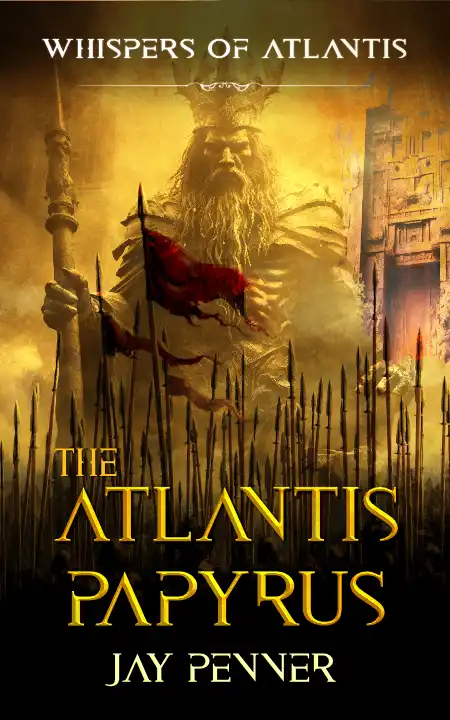What’s in a name? How Alexander and Caesar’s names were adopted.
This is a “did you know” post—maybe you already did, and if not, here’s some interesting tidbits on how Alexander and Julius Caesar’s names have morphed into meaning conqueror or leader!
Let’s take Alexander the Great. The young Macedonian built a vast empire stretching from his homeland all the way to the borders of India, before he died in 323 B.C. He laid foundations of many cities - the most famous being Alexandria of Egypt. There have been many other Alexandrias built after him. But did you know that Alexander also founded Kandahar in Afghanistan?
Alexander’s name took local flavors—in Persia, he was called “Iskander”, possibly a shortened form of “Al-Iskander.” Iskander also took the form of Sikander or Sikandar. Did you know that Sikandar, in Persian and Hindi, means “conqueror” or “warrior”? There are many people named Sikandar in the east, which is really a Persian name for none other than Alexander. It’s used both as a name and as a title for ruler. This Wikipedia article lists names and places of this variant. I even found a Bollywood song that translates to “I am the Sikandar here!”
Similarly, while it’s not clearly established, Kandahar could simply be “Is-Kandar” become “Kandar” —> “Kandahar.” There are towns called “Iskandariya” which is simply a variant of “Alexandria.”
Next, Julius Caesar. Similarly, the german term “Kaiser” which is used for emperor or ruler came from “Caesar.” This great article gets into more detail on the adoption of Caesar’s family name into simply meaning ruler. The Russian Czar, too, evolved from Caesar, using the path of “Tsar” from “Tsesari.”
While I do not have a compelling evidence, the Sanskrit word “Kesari,” which is usually alluded to someone with the heart of a Lion, or someone who is brave, may too have originated with “Caesari” (in Latin the ‘C’ was really ‘K’!).
4.5/5 from 4000+ ratings (overall). Grab a thriller from Jay.
Some secrets are best left buried.
“pure enjoyment…”
A frequent #1 on Amazon’s Ancient Egyptian History bestseller lists.
323 B.C., Babylon
King Alexander the Great has died, and his bloodthirsty generals quarrel for the pieces of a vast empire. But Captain Deon faces his own nightmare, born of a shameful past: a vicious lender threatens to sell his wife and young daughter into slavery if he does not clear his crippling debt.
Hope glimmers when the dead king’s wily secretary dangles a mission that whispers of an unimaginable reward.
Thrust into the murky and dangerous waters of succession where his success holds the keys to the ultimate prize, Alexander’s throne, Deon faces a terrifying choice: complete the mission and earn his family’s freedom, or refuse and let them perish in Nubia’s brutal gold mines.
Assisted by a companion as skilled in tongues as she is with a dagger, and pursued by malignant forces that will stop at nothing, Deon must cross violent lands to find an astonishing mystery hidden for a thousand years. But every step closer to freedom unveils a burden far heavier than his debt, for his choices could determine not only his family’s fate but that of a million innocents.

Jay Penner’s highly-rated books regularly feature Amazon’s category bestseller lists. Try his Spartacus, Cleopatra, Whispers of Atlantis or Dark Shadows books. Reach out to him or subscribe to his popular newsletter.

